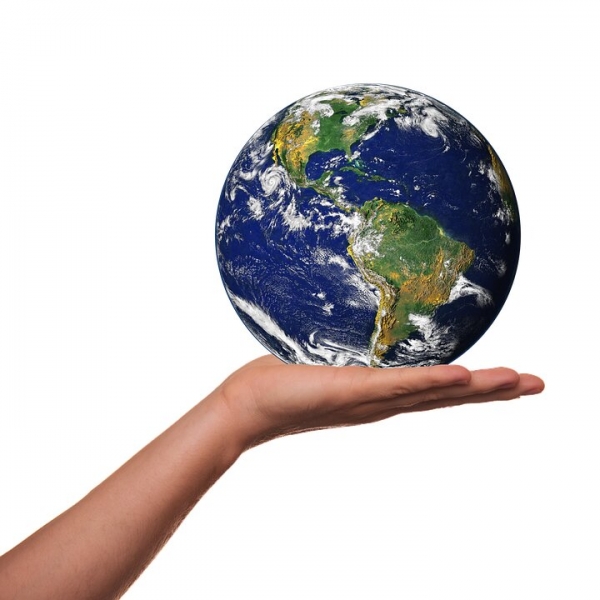Human-released greenhouse gasses are causing the world to warm, and with that warming comes increasing stress for many of the planet’s plants and animals. That stress is so great that many scientists believe we are currently in the midst of the “sixth extinction,” when entire species are disappearing up to 10,000 times faster than before the industrial era. However, scientists have been uncertain which ecosystems, and which species, are most at risk. New research, recently published in Nature Climate Change, is the first to show that the focus on species-level risk obscures a wide variability in temperature tolerance, even within the same species, and that this variability is greater for marine species than terrestrial ones. The findings have immediate implications for management and conservation practices and offer a window of hope in the effort to adapt to a rapidly warming world.
“One of the most important biological discoveries in the last century is that evolution can happen much more quickly than previously thought,” says Brian Cheng, professor of marine ecology at the University of Massachusetts Amherst and the paper’s senior author. “One of the implications of this is that different populations of the exact same species can adapt to their local environments more readily than traditional biology would have thought possible.”
It turns out that this rapid, localized adaptation may be able to help ensure survival in a warming world.
Read more at University of Massachusetts Amherst
Photo Credit: Tumisu via Pixabay


